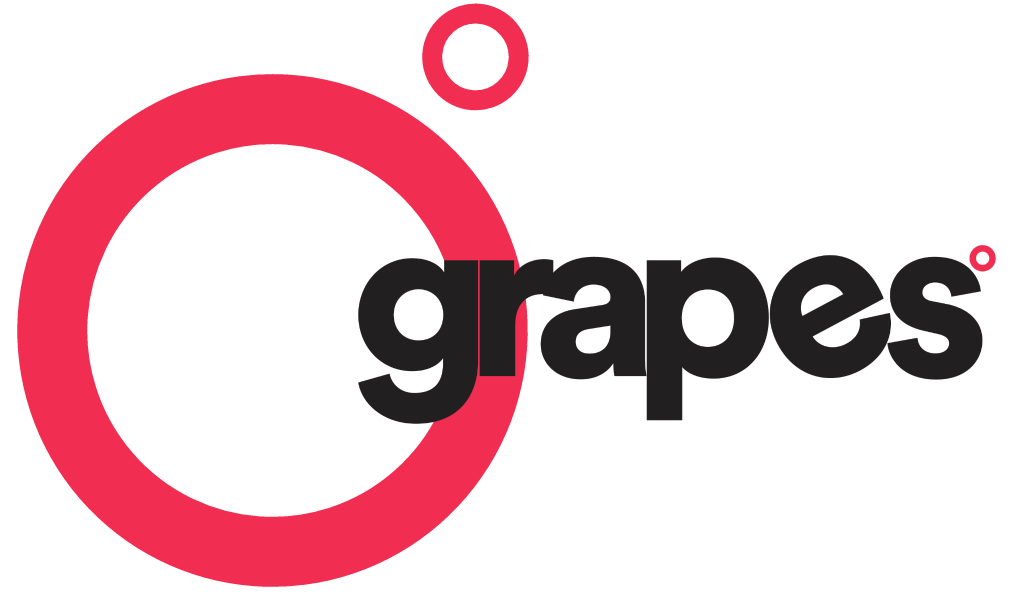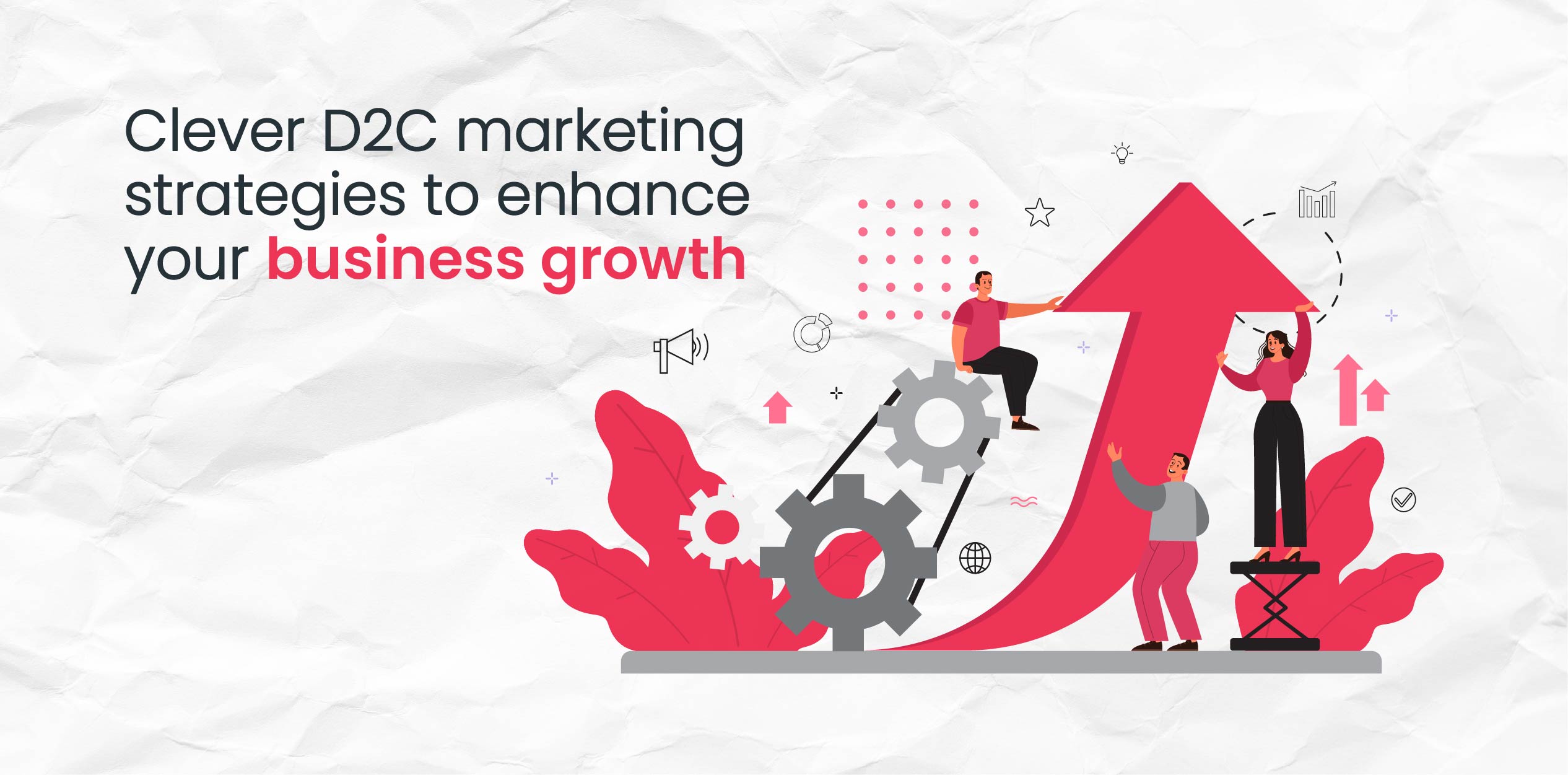








E-commerce's expansion over the previous five to ten years has reaffirmed its importance as a crucial asset for businesses as they adjust to a more online environment. E-commerce services were critical in surviving the COVID-19 pandemic's hurdles and would continue to be so even in the post-pandemic market. Because of the constraints of in-store shopping, many consumers who were previously unwilling to purchase online were compelled to do so in 2020, and most of them haven’t looked back since. Direct-to-consumer marketing companies are well-positioned to capitalise on this trend.
A brand that makes advertisements, and distributes its own products is known as direct to consumer (D2C). In this process of creating and selling products and services, there are no "middlemen" involved. A direct-to-consumer (D2C) brand typically delivers directly to customers, works with retailers, or operates pop-up stores to distribute items.
Unlike traditional retail, direct-to-consumer marketing focuses on a small number of products and uses a subscription-based distribution model.
By delivering a smooth brand experience, eliminating unnecessary entities from the sales path and communicating directly with the end consumer, a brand can reduce costs for business growth. It can take a customer-centric strategy, establishing direct communication through digital channels and harnessing the power of influencers and word-of-mouth marketing. Because the direct-to-consumer product selection is narrower, the brand may fine-tune and optimise both the product and the sales funnel based on data. The focus might be on reaching the proper demographic through targeted advertising and guiding them through the decision-making and conversion process.
Millennials prefer direct to consumer marketing over the traditional B2C marketing approaches. Alternatives to huge traditional shops are popular among millennials, who prefer brands that speak to their priorities: convenience, relatively low cost, authenticity, and a smooth shopping experience. Direct-to-consumer marketing companies specialise in doing precisely that.
What appeals to the generation that makes more than half of their purchases online is that most of the D2C companies are e-commerce focussed. As online-first businesses, D2C brands provide the most convenient, streamlined, and straightforward buying experience, making them a better alternative to visiting a physical store. Direct to consumer firms succeed because they can easily offer both, even though Gen Y customers often prefer product cost over quality.
The marketing strategies for D2C brands must evolve as the D2C industry evolves. This business model can help brands increase their customer loyalty and direct their storytelling capabilities to better margins and faster product innovation. However, as more and more brands are changing their business model to D2C, it is becoming increasingly difficult to reap the rewards that the D2C innovators that started much before experienced.
Fortunately, advancements in digital marketing are virtually as quick as the D2C market's rise. With rapid advancements in data, marketing automation, and artificial intelligence, it appears that D2C marketers are continually looking for new methods to engage their clients. Here are some clever D2C marketing strategies that will help in your business growth and help you stay on top of your game.
An examination of the target audience is the first step in every successful marketing effort. D2C marketers, on the other hand, will need to go beyond the normal persona-building procedures and construct extensive customer profiles that delve into their consumers' demographics, psychographics, online activities, mobile preferences, and more in order to succeed. You'll have an easier time planning advertising campaigns, allocating your money, and attracting customers if you build a thorough picture of your target audiences’ profile.
One of the most significant advantages for D2C businesses is the opportunity to communicate directly with clients, without the need for a middleman. It's critical that D2C marketers don't neglect this chance. While personalised mailers and promotions are a great place to start, don't stop there. AI and machine learning are assisting in the development of a variety of 1:1 marketing tools, including live chatbots, tailored product suggestions, unique content distribution, custom video content, and more. Once you’ve learned to use these tools you can easily develop deeper, more meaningful relationships with your clients and ace the D2C market.
Any company may benefit from word of mouth, but D2C relies largely on devoted consumers to spread the word. Collect reviews and testimonials and use them in your advertisements, social media, landing sites, product pages, and other appropriate places to capitalise on this power. Identify client experiences that connect to your core selling points, and utilise feedback to convey the narrative of the difference you made in their life. Those evaluations and testimonials make it seem as though you're talking to a friend, and they make potential consumers feel heard.
It is very important to devise a creative plan that distinguishes your company from the competition. Create a portfolio that includes a mix of creative formats and platforms, including emerging formats like TikTok's short-form videos and mobile app playable advertising. Use comedy, surprise, imagination, community, and other potent motivators to get into your audience's emotions. Ad creativity is always changing, and so should your strategy. Analyse innovative thoughts using the many data touch-points to create a long-term, sustainable plan.
Since the Covid-19 outbreak, the use of internet technologies has exploded. Many consumers are now completely familiar with and reliant on digital ways of making purchases. Consumers who want to discover new items in-store, on the other hand, are still a minority. Constantly evolving digital trends must constantly be given top emphasis. The most difficult issue for a D2C firm will be keeping up with shifting trends and customer buying patterns. Companies must focus on the large data source acquired along the trip to adapt and understand customer behaviour and create a tailored experience in order to stand out in the market.
For D2C businesses, using the influencer market as a strategic tool is a terrific alternative. In the lack of in-person encounters and with no customers at all, the business requirement's aim is rapid growth. Influencers help direct-to-consumer brands gain popularity. They are known for their product reviews and for helping to humanise an unknown brand. The content they create reaches their committed fans very instantaneously. The opinion that matters is the material that influencers share. The use of influencers as part of a marketing strategy may increase customer trust, leading to advocacy and long-term loyalty.
As e-commerce marketing technology makes it simpler to engage with your audience and construct sales processes in-house, thus, D2C enterprises are becoming more popular. We at Grapes can provide you with well-informed digital direct to consumer marketing strategies, D2C marketing services and branding solutions to help with your business growth.
We are not only storytellers but also listeners, and hand raisers. because we love to make the stories of our client better for their customers.

User experience design (UX) and graphic design, bo...
read more
Public relations (PR) is about maintaining a favou...
read more
2020 was a roller coaster ride for brands and busi...
read more